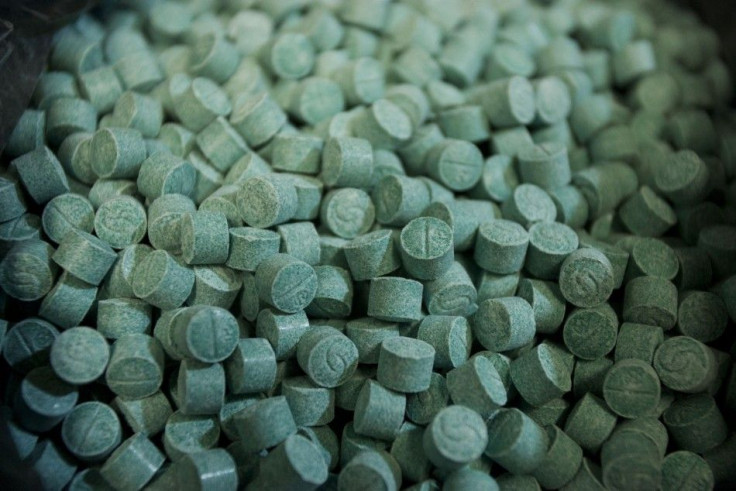Modified Ecstasy May Help Treat Cancer: Study

Scientists from the University of Birmingham have found that a modified form of Ecstasy (MDMA) may have great potential in treating myeloma, lymphoma, and leukemia.
In their report, published in the journal Investigational New Drugs, the researchers showed that the modified drug was 100 times more powerful as a cancer-busting compound than regular Ecstasy.
Scientists have known for years that Ecstasy - as well as other psychotropic drugs - suppress the growth of over half of all white blood cancer cells. Scientists at the University of Birmingham discovered that six years ago and included in their laboratory experiments were weight-loss pills and antidepressants like Prozac.
The problem they ran into six years ago was an issue of dosage. They wrote that using enough MDMA to effectively treat a patient with a malignant tumor would likely kill them.
Knowing that, the researchers teamed up with a group from the University of Western Australia, working together to create new compounds. They chemically re-engineered ecstasy by taking some atoms away and putting new ones in their place, thus reducing the toxic effect on the brain.
Lead author of the report, Professor John Gordon of the University of Birmingham's School of Immunology and Infection, said:
Together, we were looking at structures of compounds that were more effective. They started to look more lipophilic, that is, they were attracted to the lipids that make up cell walls. This would make them more 'soapy' so they would end up getting into the cancer cells more easily and possibly even start dissolving them.
By knowing this we can theoretically make even more potent analogues of MDMA and eventually reach a point where we will have in our drug cabinet the most potent form we could, Gordon added.
Essentially, the researchers discovered that altered forms of Ecstasy had much greater cancer busting properties than the regular Ecstasy - 100 times greater!
Gordon told the BBC:
Against the cancers, particularly the leukemia, the lymphoma and the myeloma, where we've tested these new compounds, we can wipe out 100% of the cancer cells in some cases. We would really need to pinpoint which are the most sensitive cases, but it has the potential to wipe out all the cancer cells in those examples.
This is in the test tube, it could be different in the patient, but for now it's quite exciting,
Next up: pre-clinical studies.
© Copyright IBTimes 2024. All rights reserved.






















